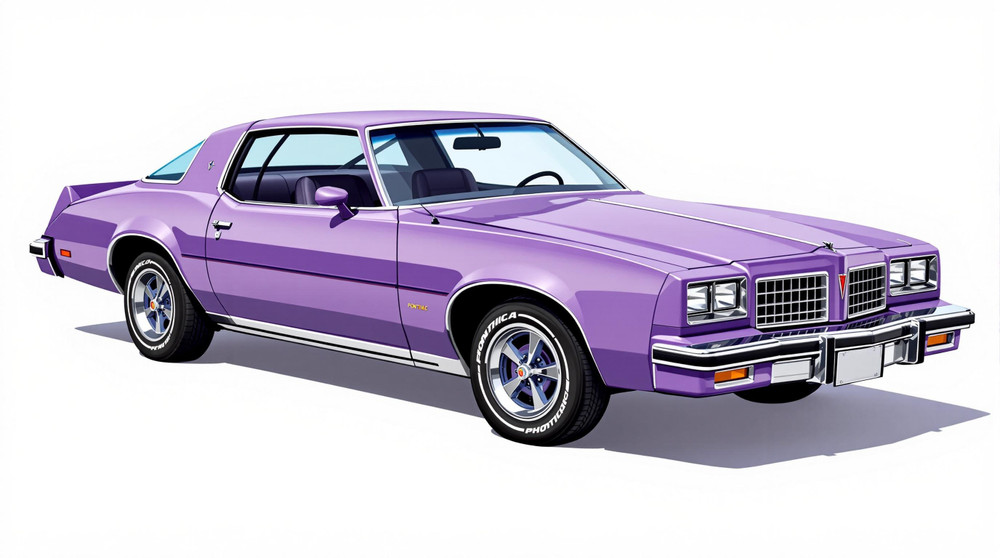Image of 1978 Pontiac Phoenix, Note: These illustrations use artistic license and may differ from actual historical models.
Performance Metrics
Fundamental Metrics
Emotional Appeal
MMP Rating
| Engine Specifications | |
|---|---|
| Engine Options: | 151 cu in (2.5 L) Iron Duke I4, 231 cu in (3.8 L) Buick V6, 305 cu in (5.0 L) Chevrolet V8 |
| Displacement Range: | 2.5L - 5.0L |
| Horsepower Range: | 90-145 hp |
| Torque: | 125-245 lb-ft |
| Compression Ratio: | 8.0:1 - 8.4:1 |
| Ignition System: | Conventional distributor ignition system |
| Cooling System: | Liquid-cooled |
| Performance Specifications | |
| 0-60 Time: | Estimated 10-14 seconds |
| 1/4 Mile Time: | Estimated 17-20 seconds |
| Top Speed: | 100-110 mph |
| Transmission and Drive | |
| Drive Type: | Rear-wheel drive |
| Transmission Type: | 3-speed automatic, 4-speed manual |
| Fuel and Efficiency | |
| Fuel System Type: | Carburetor |
| MPG: | 15-20 mpg |
| Dimensions and Brakes | |
| Brakes: | Front disc, rear drum |
| Wheelbase: | 108.1 inches |
| Weight: | 3,000-3,500 lbs |
Note: Specifications for classic cars are given to the best of our ability, considering the limited and variant data available.
1978 Pontiac Phoenix: A Forgotten Gem of the Late 70s
The 1978 Pontiac Phoenix emerged during a transformative period in automotive history, offering a blend of American muscle aesthetics and the practicality demanded by a fuel-conscious public. As a division of General Motors, Pontiac had a reputation for producing vehicles with a sporty edge, and the Phoenix was no exception. Nestled between the end of the muscle car era and the rise of compact efficiency, this car struck a chord with those yearning for performance without sacrificing everyday usability. One unique aspect of the Phoenix's history is its role as a bridge model, leading to the development of more fuel-efficient cars while still maintaining a semblance of the power-centric culture of previous decades.
Design and Innovation
The exterior styling of the 1978 Pontiac Phoenix was reminiscent of its Firebird sibling but presented in a more subdued package. It featured a long hood and short deck design, with distinct lines that gave it an aggressive stance. The interior was typical of late 70s American cars—functional, with a hint of sportiness, and an array of hard plastics and vinyls that were common for the time. Notable technological features included an available V6 engine—a nod towards fuel economy—and optional rally gauges for those seeking a sportier feel. Color options ranged from understated earth tones to bolder shades like Sunburst Yellow, with Starlight Black being a popular choice among enthusiasts. The most iconic body style was undoubtedly the two-door coupe, which best captured the essence of what Pontiac's design language was all about during that era.
Historical Significance
The 1978 Pontiac Phoenix played an important role in transitioning from high-displacement engines to more efficient powertrains without completely abandoning performance. It stood out by offering rear-wheel drive at a time when many competitors were shifting towards front-wheel drive configurations. This decision preserved some driving dynamics cherished by car enthusiasts and allowed the Phoenix to maintain its identity as part of Pontiac's performance lineage.
Performance and Handling
Performance-wise, while not as potent as its early-70s predecessors, the Phoenix's available V6 engine provided adequate power for its class, with respectable acceleration figures that could reach 0-60 mph in under 10 seconds—a commendable feat for its time. Handling was typical for American sedans of the era; it managed bumps adequately but wasn't designed for high-speed cornering. Driving the Phoenix was characterized by a sense of solidity, with engine sounds that hinted at Pontiac's performance heritage while offering a comfortable cruising experience.
Ownership Experience
The 1978 Pontiac Phoenix found its niche as both a daily driver and an occasional show car. Its maintenance and reliability were on par with other GM products of that era, meaning parts were generally available and repairs could be managed by an average DIY enthusiast. However, like many vehicles from this time period, rust could be an issue if not properly addressed.
Fun Facts
A fun fact about the Phoenix is that despite its relative obscurity today, it shared mechanical underpinnings with other GM X-body cars such as the Chevrolet Nova, which made it somewhat customizable using parts from its more famous cousins. While not known for breaking any significant records or being owned by many celebrities, it does hold sentimental value among those who appreciate 70s American automotive culture.
Collector's Information
Today, finding a 1978 Pontiac Phoenix in pristine condition can be quite rare. Production numbers were substantial as it was meant to be an accessible model; however, survival rates are low due to rust issues and general wear over time. As for value range, well-preserved examples can fetch anywhere from $5,000 to $15,000 depending on condition and originality—making it an affordable entry point into classic car ownership. The market trend shows slight appreciation due to its rarity and appeal to niche collectors.
Conclusion
The 1978 Pontiac Phoenix may not have been the star of its era but it encapsulated a transitional period in automotive design and engineering—a testament to adaptability in changing times. Its blend of modest performance with everyday practicality makes it an intriguing piece for collectors looking to capture a slice of late-70s Americana. Whether you're drawn to its historical context or simply appreciate its understated charm, the Phoenix is undoubtedly worthy of remembrance.
1978 Pontiac Phoenix Catalog of Parts
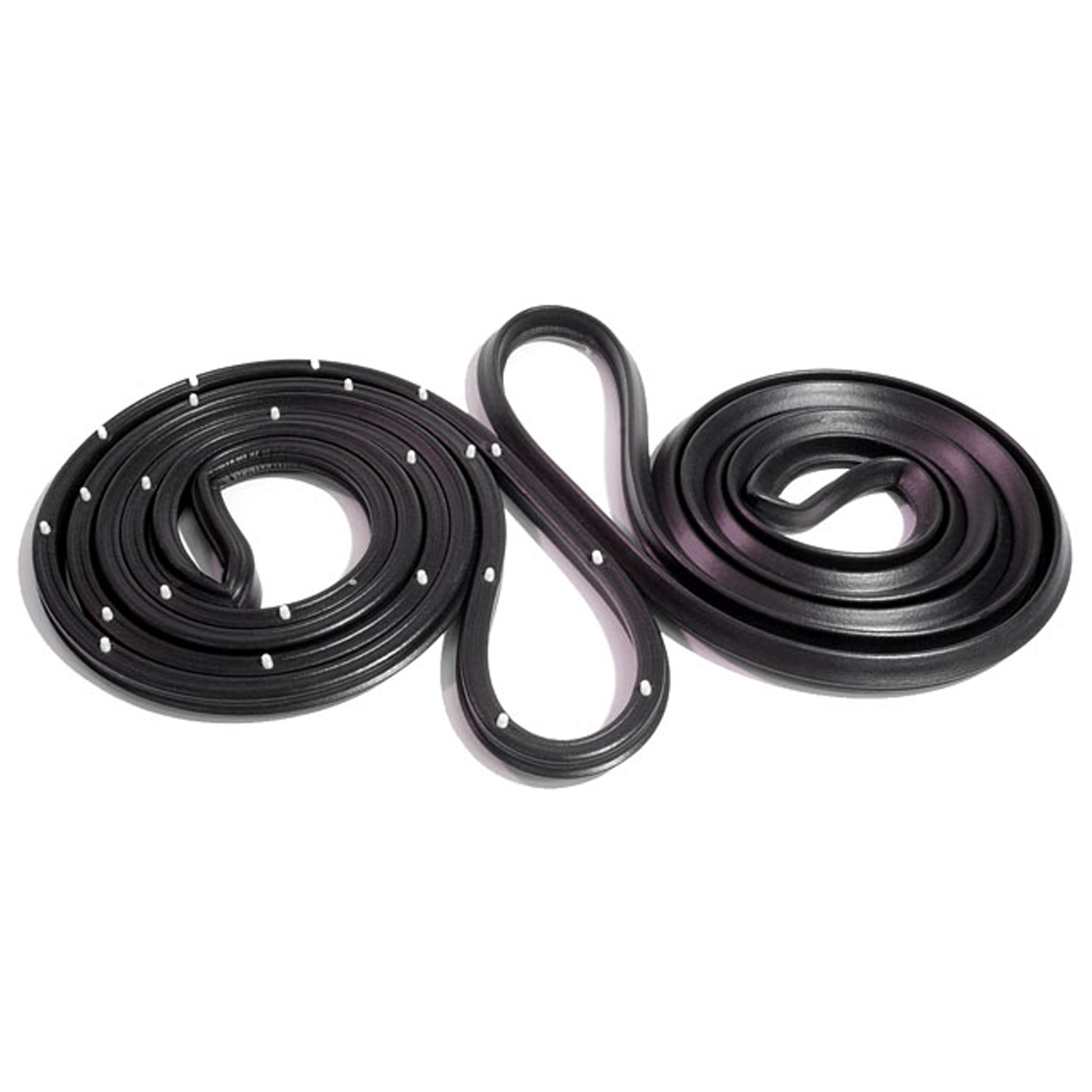 1978 Pontiac Phoenix Door Seals, with Clips and Molded Ends. For 2-Door Sedan-LM 20-ODoor Seals, with Clips and Molded Ends. For 2-Door Sedan. Pair R&L
1978 Pontiac Phoenix Door Seals, with Clips and Molded Ends. For 2-Door Sedan-LM 20-ODoor Seals, with Clips and Molded Ends. For 2-Door Sedan. Pair R&L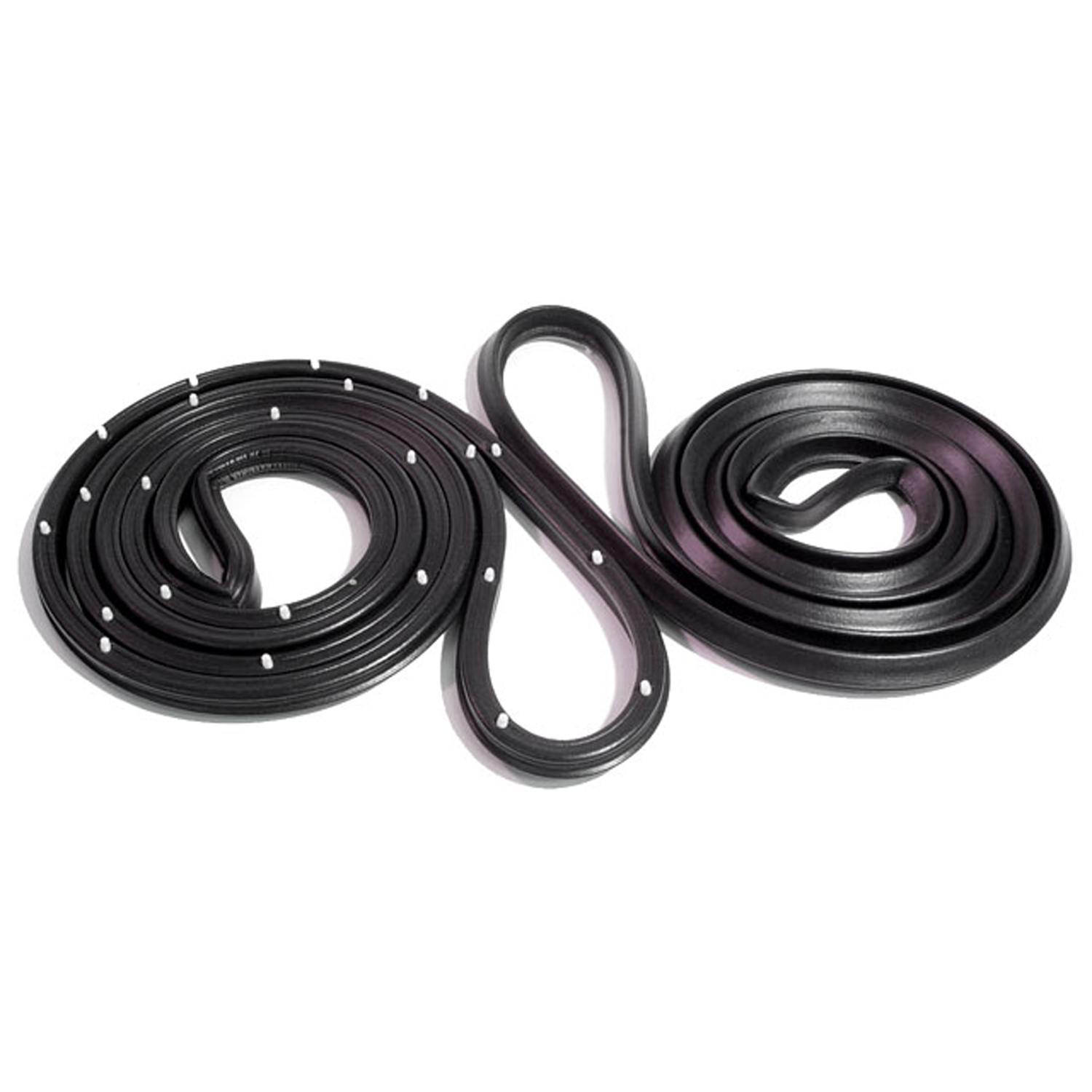 1978 Pontiac Phoenix Front Molded Door Seals with Clips. For 4-Door Sedan-LM 20-PFront Molded Door Seals with Clips. For 4-Door Sedan. Pair R&L
1978 Pontiac Phoenix Front Molded Door Seals with Clips. For 4-Door Sedan-LM 20-PFront Molded Door Seals with Clips. For 4-Door Sedan. Pair R&L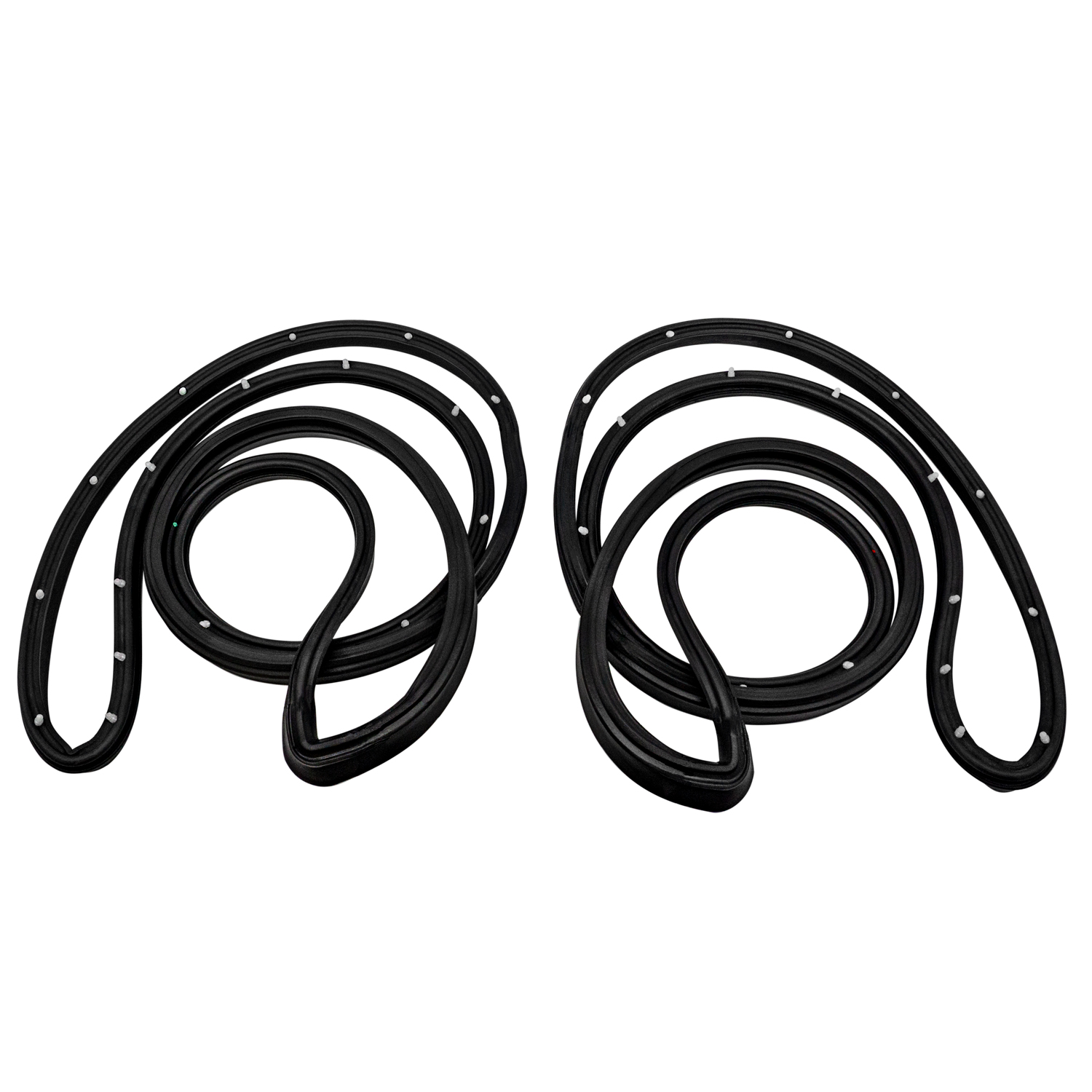 1978 Pontiac Phoenix Rear Molded Door Seals, with Clips. For 4-door sedan-LM 20-P/RRear Molded Door Seals, with Clips. For 4-door sedan. Pair R&L
1978 Pontiac Phoenix Rear Molded Door Seals, with Clips. For 4-door sedan-LM 20-P/RRear Molded Door Seals, with Clips. For 4-door sedan. Pair R&L 1978 Pontiac Phoenix Trunk Liner. Loose weave, jet black. 50" wide-M 30Trunk Liner. Loose weave, jet black. 50" wide. Sold by the foot
1978 Pontiac Phoenix Trunk Liner. Loose weave, jet black. 50" wide-M 30Trunk Liner. Loose weave, jet black. 50" wide. Sold by the foot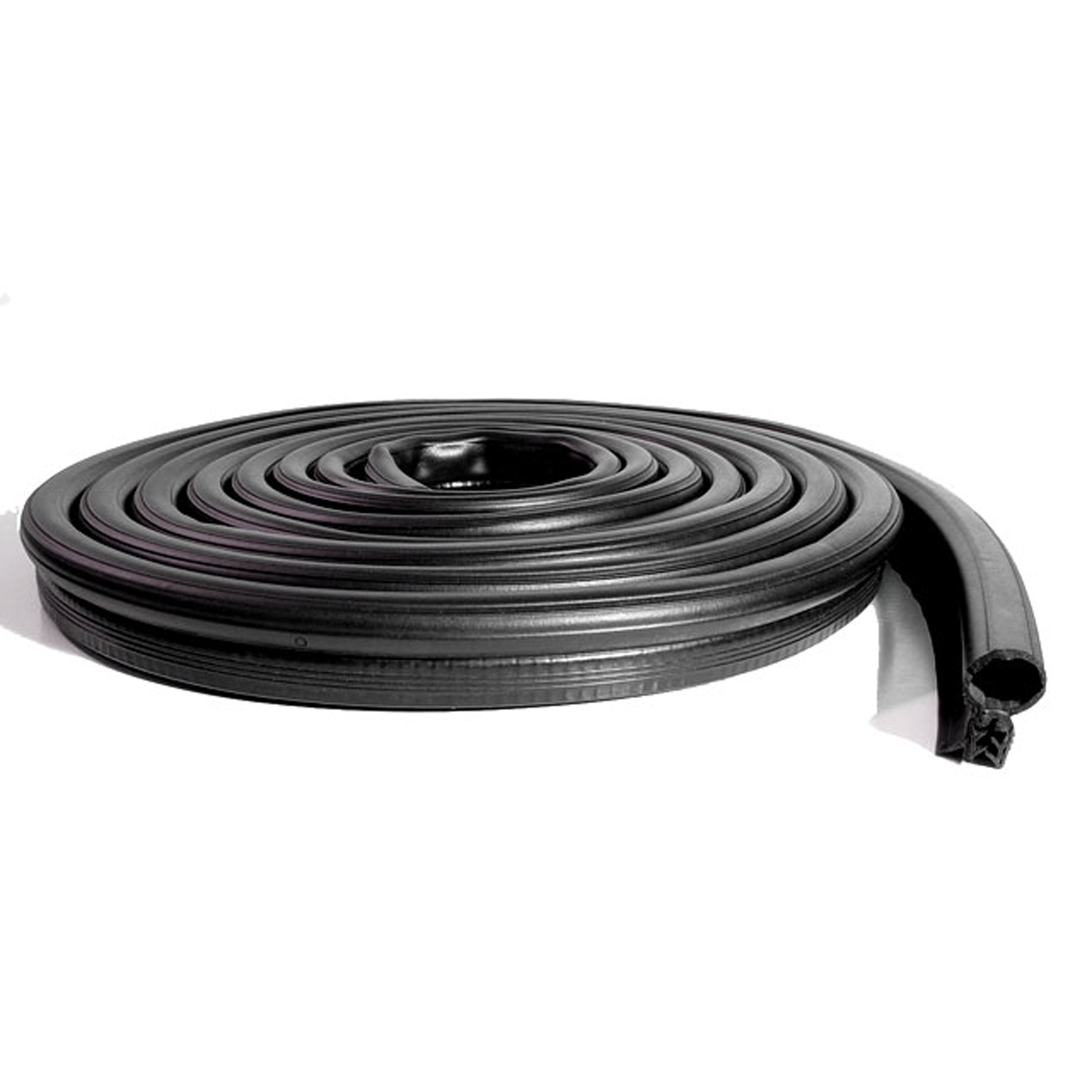 1978 Pontiac Phoenix Trunk seal-MW00101Trunk seal. Also replaces '75-'79 Buick Skylark hatchback seal. Made with steel cores. 1-3/8 in. x 3/4 in. x 17 ft. L. Each.
1978 Pontiac Phoenix Trunk seal-MW00101Trunk seal. Also replaces '75-'79 Buick Skylark hatchback seal. Made with steel cores. 1-3/8 in. x 3/4 in. x 17 ft. L. Each.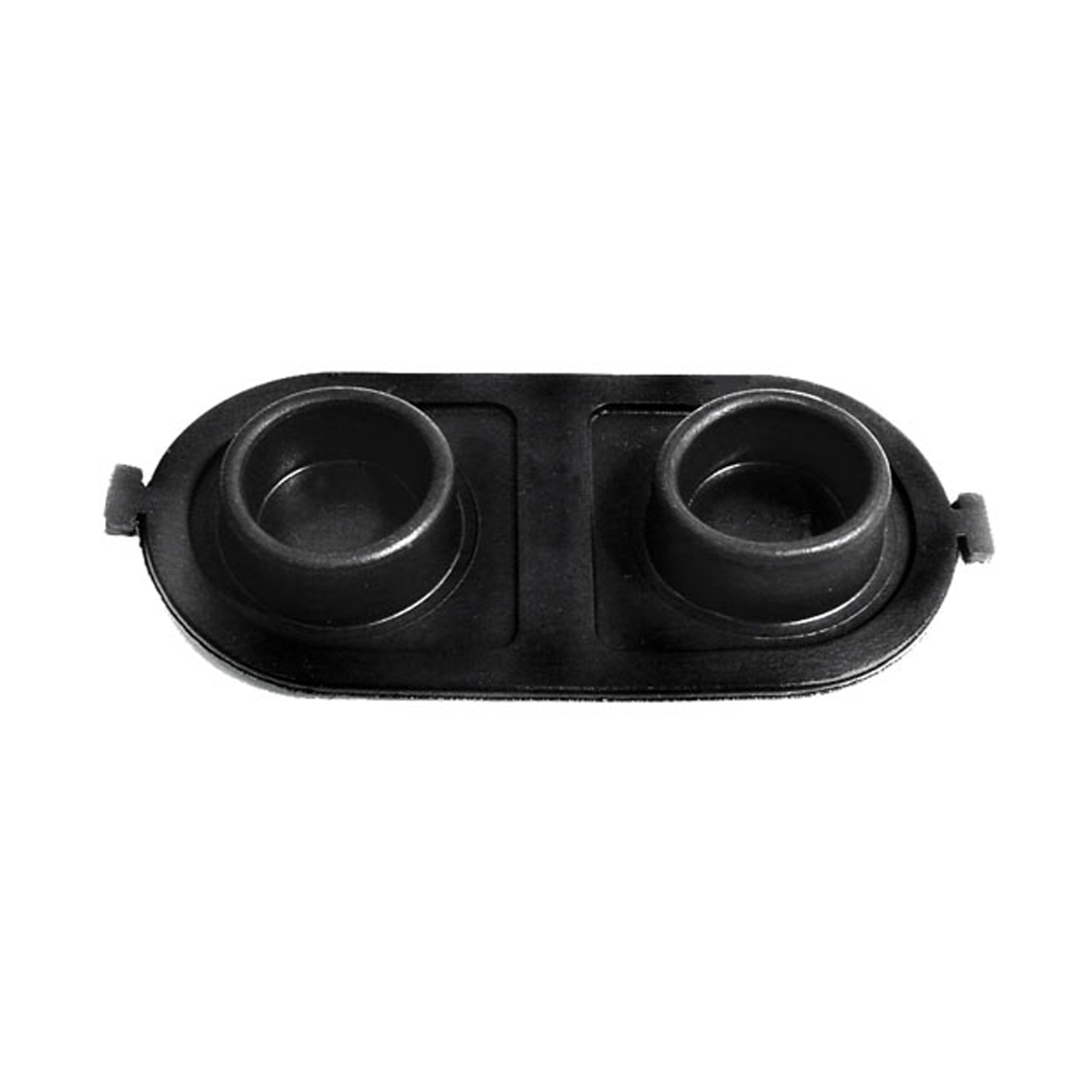 1978 Pontiac Phoenix Brake Master Cylinder Cover Seal. Replaces OEM #5470861-RP 2-EBrake Master Cylinder Cover Seal. Replaces OEM #5470861. 5" X 2-1/2". Each
1978 Pontiac Phoenix Brake Master Cylinder Cover Seal. Replaces OEM #5470861-RP 2-EBrake Master Cylinder Cover Seal. Replaces OEM #5470861. 5" X 2-1/2". Each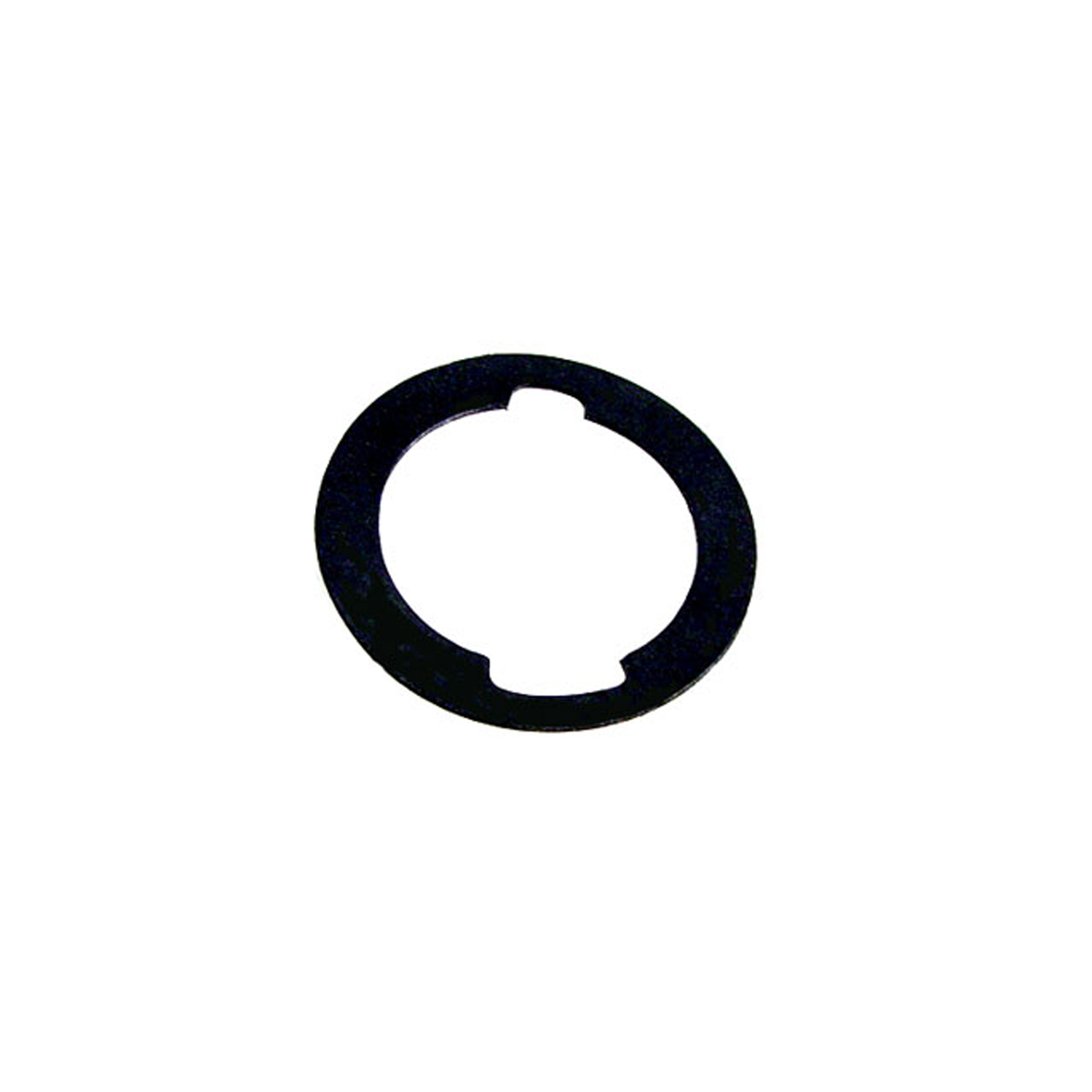 1978 Pontiac Phoenix Unbeaded Door and Trunk Lock Gasket. 1-3/16" O.D., 7/8" I.D-UM 1600-100Unbeaded Door and Trunk Lock Gasket. 1-3/16" O.D., 7/8" I.D. Each
1978 Pontiac Phoenix Unbeaded Door and Trunk Lock Gasket. 1-3/16" O.D., 7/8" I.D-UM 1600-100Unbeaded Door and Trunk Lock Gasket. 1-3/16" O.D., 7/8" I.D. Each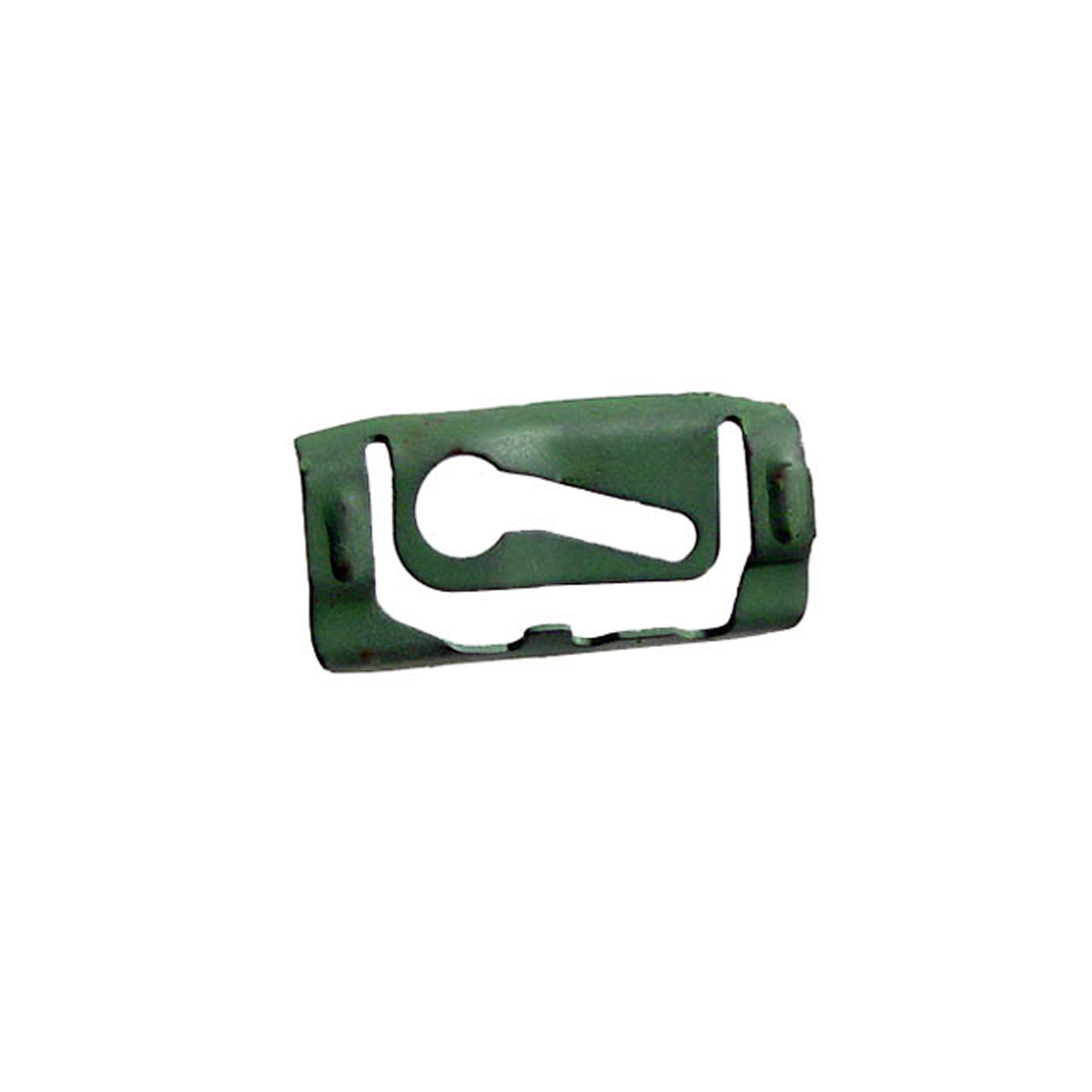 1978 Pontiac Phoenix Quarter Window Reveal Molding Clip. Made of Steel-WF 205Quarter Window Reveal Molding Clip. Made of Steel. 1-3/8" X 11/16". Each
1978 Pontiac Phoenix Quarter Window Reveal Molding Clip. Made of Steel-WF 205Quarter Window Reveal Molding Clip. Made of Steel. 1-3/8" X 11/16". Each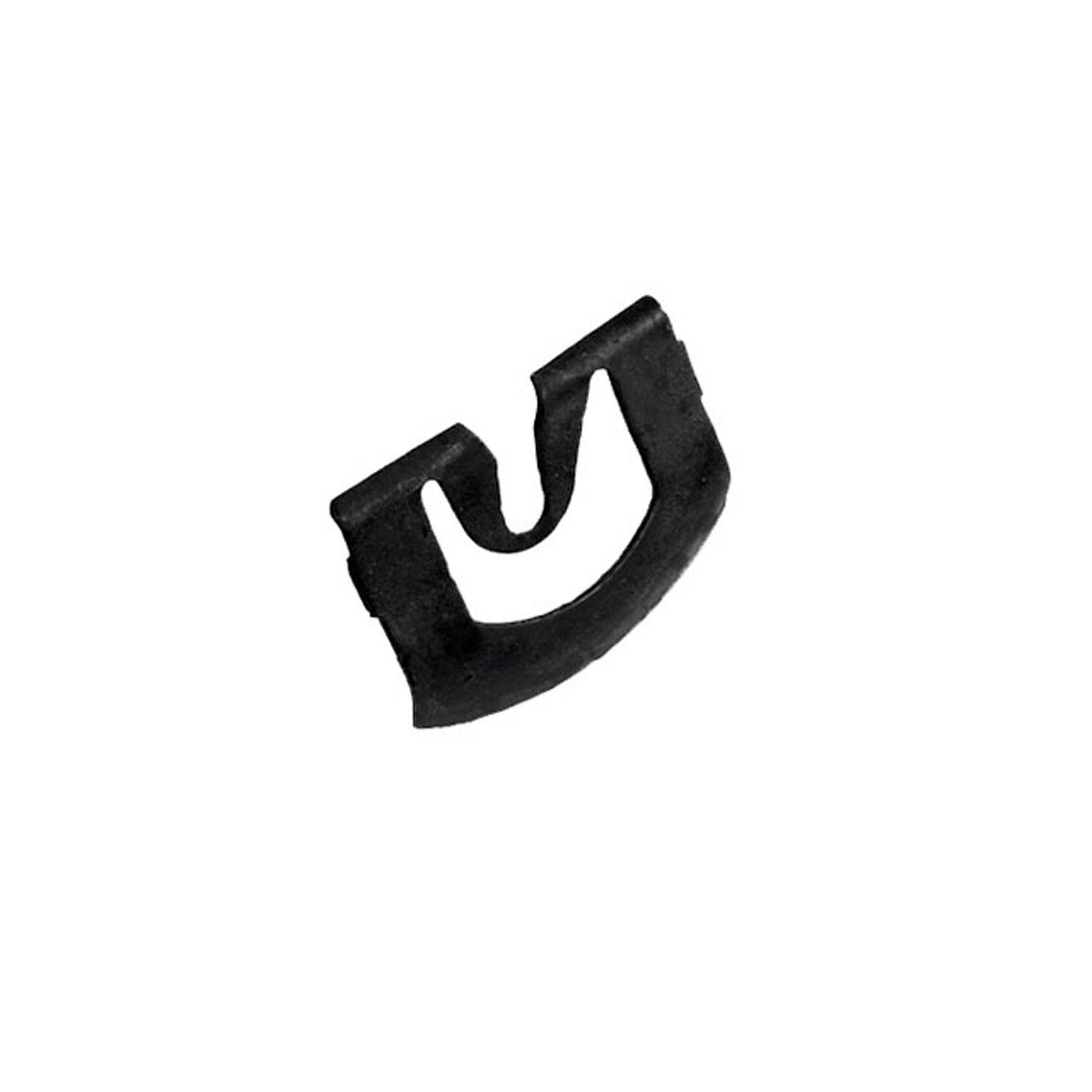 1978 Pontiac Phoenix Windshield Reveal Molding Clip. Made of steel. 13/16" x 1"-WF 209Windshield Reveal Molding Clip. Made of steel. 13/16" x 1". Each
1978 Pontiac Phoenix Windshield Reveal Molding Clip. Made of steel. 13/16" x 1"-WF 209Windshield Reveal Molding Clip. Made of steel. 13/16" x 1". Each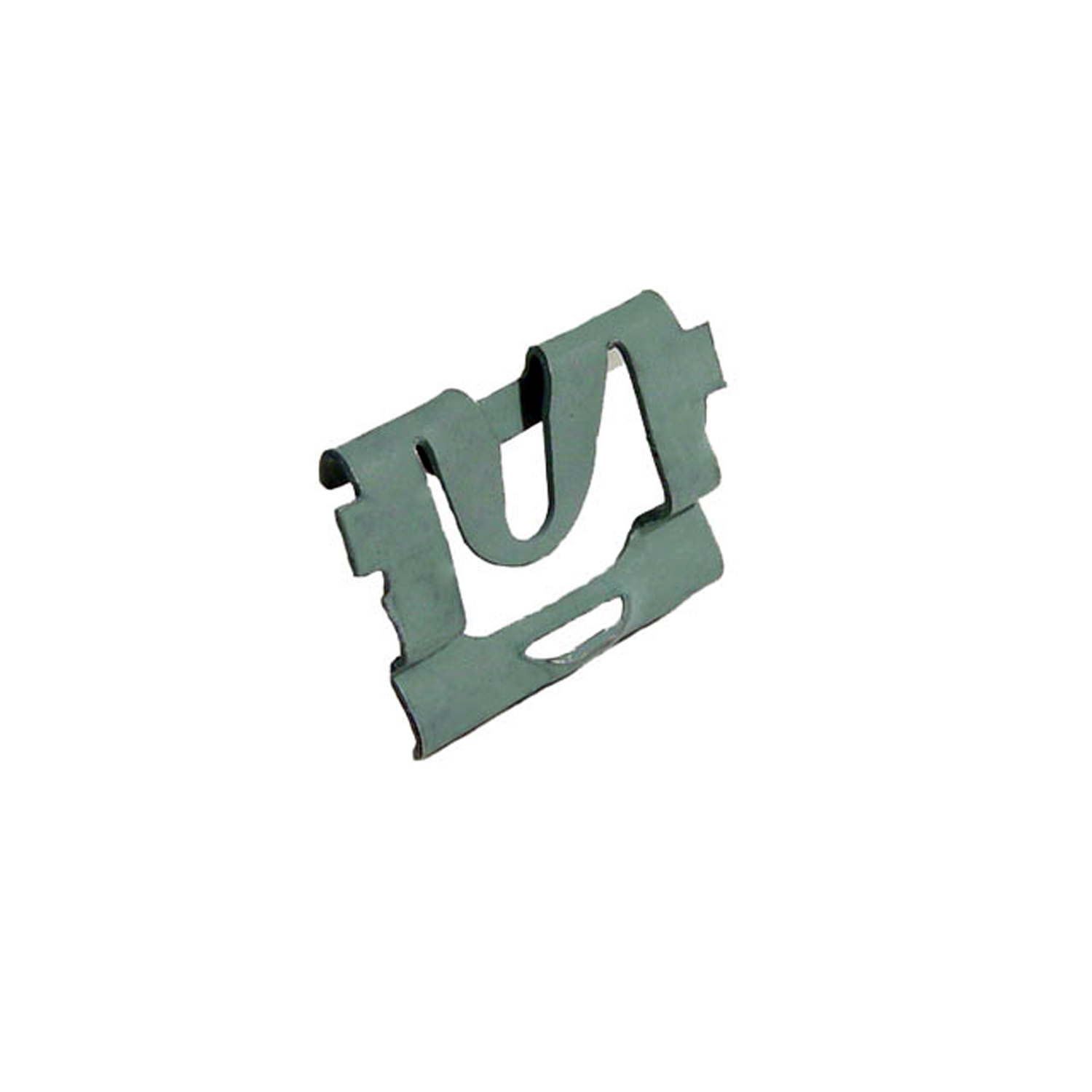 1978 Pontiac Phoenix Windshield Reveal Molding Clip. For models with vinyl top-WF 210Windshield Reveal Molding Clip. For models with vinyl top. 3/4" x 1-1/16". Each
1978 Pontiac Phoenix Windshield Reveal Molding Clip. For models with vinyl top-WF 210Windshield Reveal Molding Clip. For models with vinyl top. 3/4" x 1-1/16". Each 1978 Pontiac Phoenix Rear Windshield Reveal Molding Clip. Made of steel-WF 211Rear Windshield Reveal Molding Clip. Made of steel. 15/16" X 3/4". Each
1978 Pontiac Phoenix Rear Windshield Reveal Molding Clip. Made of steel-WF 211Rear Windshield Reveal Molding Clip. Made of steel. 15/16" X 3/4". Each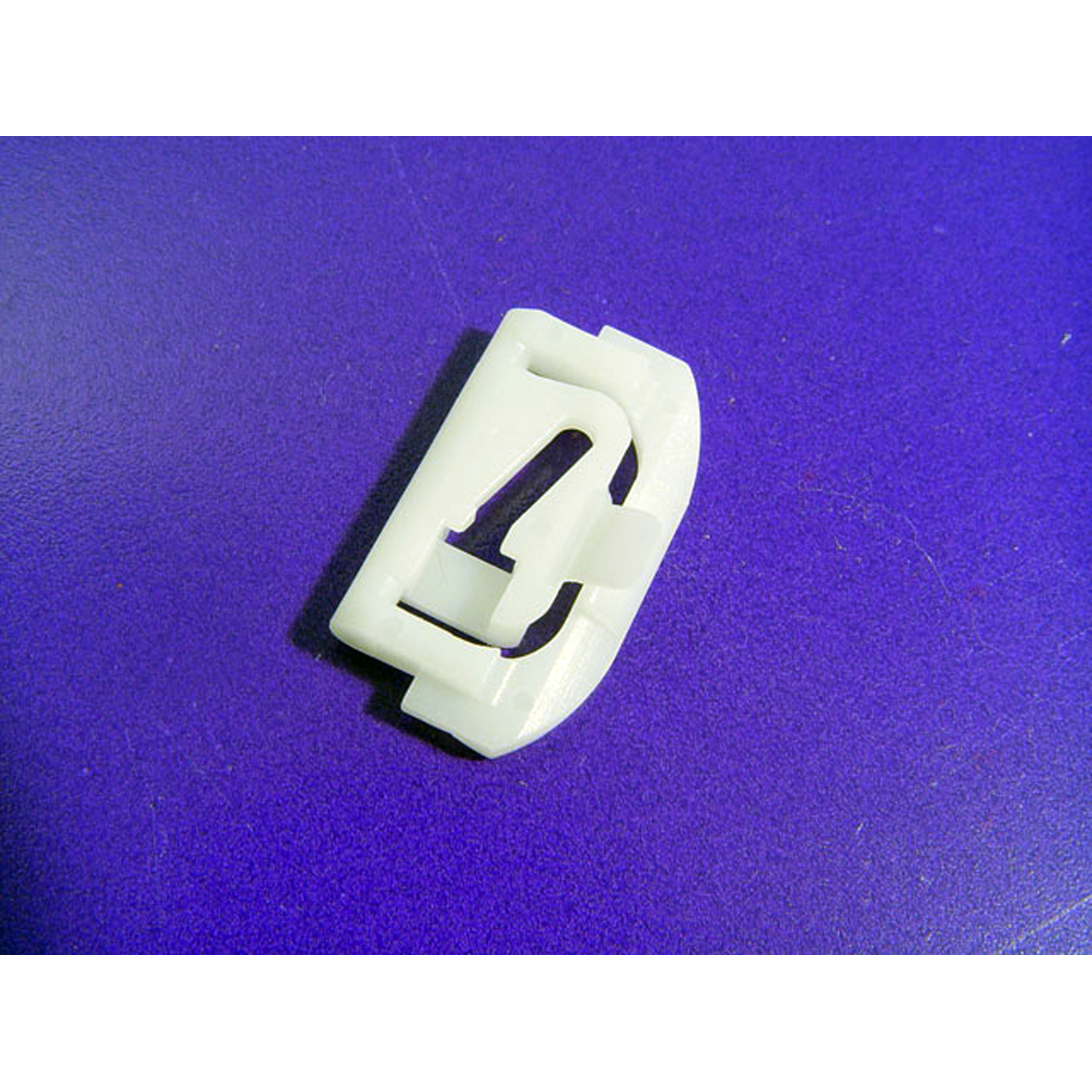 1978 Pontiac Phoenix Lower Side Window Reveal Molding Clip. Made of nylon-WF 214Lower Side Window Reveal Molding Clip. Made of nylon. 1-1/4" x 3/4". Each
1978 Pontiac Phoenix Lower Side Window Reveal Molding Clip. Made of nylon-WF 214Lower Side Window Reveal Molding Clip. Made of nylon. 1-1/4" x 3/4". Each 1978 Pontiac Phoenix Windshield and Rear Windshield Reveal Molding Clip-WF 215Windshield and Rear Windshield Reveal Molding Clip. Made of nylon. 1-1/4" X 5/8". Each
1978 Pontiac Phoenix Windshield and Rear Windshield Reveal Molding Clip-WF 215Windshield and Rear Windshield Reveal Molding Clip. Made of nylon. 1-1/4" X 5/8". EachWhy Choose Metro?
For over 100 years, Metro Moulded Parts has been the pinnacle of quality in classic car restoration parts. Our commitment to precision and authenticity in every component ensures a perfect fit and an OEM-level appearance.
- Expert Craftsmanship & Quality: Each part is a testament to our dedication to reliability and perfection, crafted from original designs and thoroughly tested.
- Advanced Technology: We use cutting-edge techniques to create flawless, long-lasting parts that surpass others in performance.
- SuperSoft Sponge – The Ultimate Door Seal: Not only are our door seals 30% softer than competitors', but they're also guaranteed to never leak. They effectively reduce wind and road noise, enhancing your classic car's comfort and driving experience.
- Proudly American: Our parts are a product of American craftsmanship, made in the USA with a spirit of excellence and heritage.
- Unrivaled Warranty: We back our products with a 30-year industry-leading warranty, a testament to our confidence in their quality.
Join us in preserving the legacy of classic cars with parts that are crafted for perfection, not just made.

